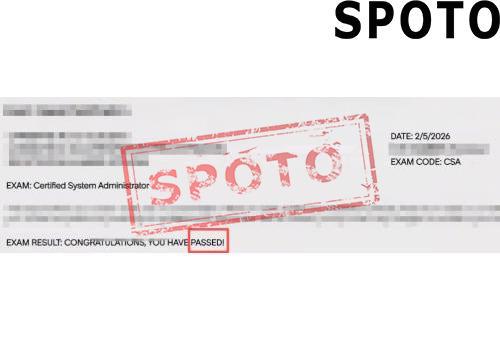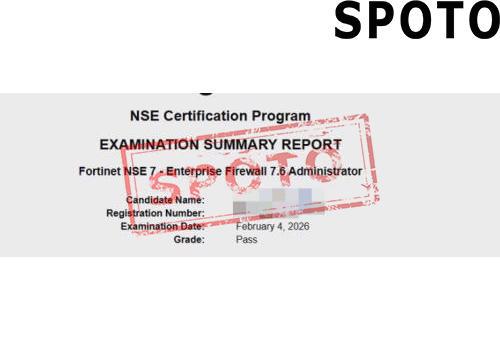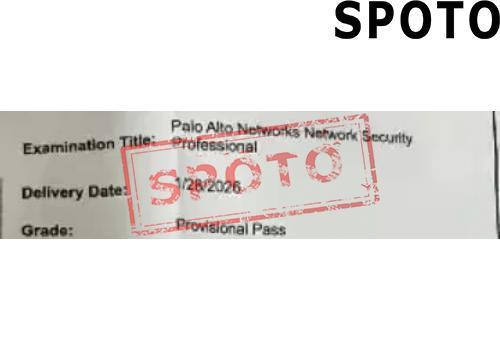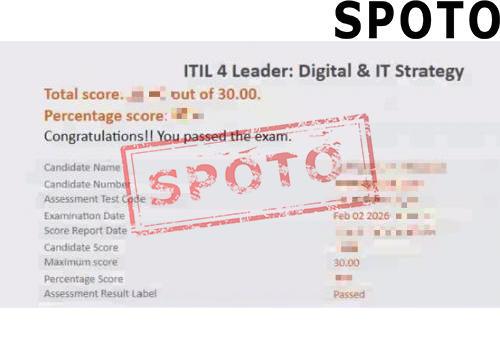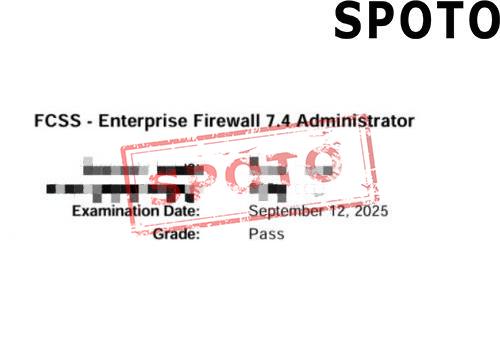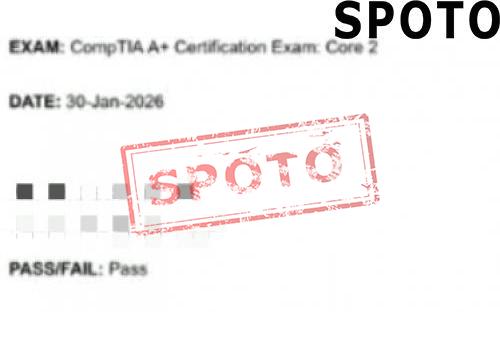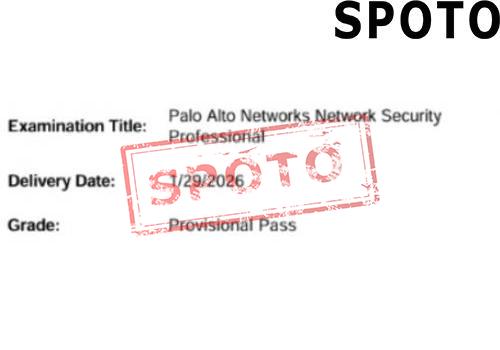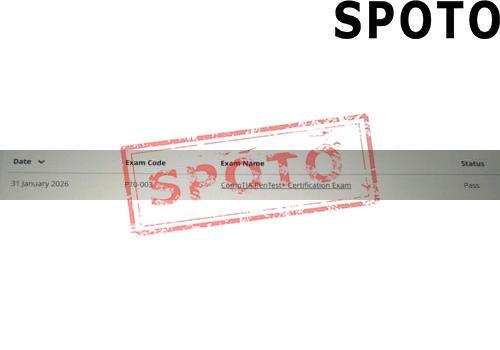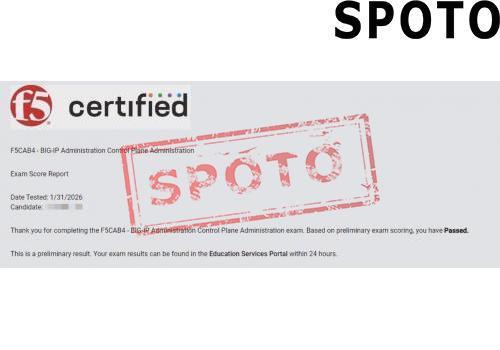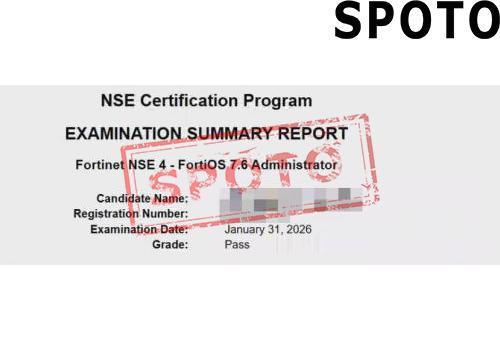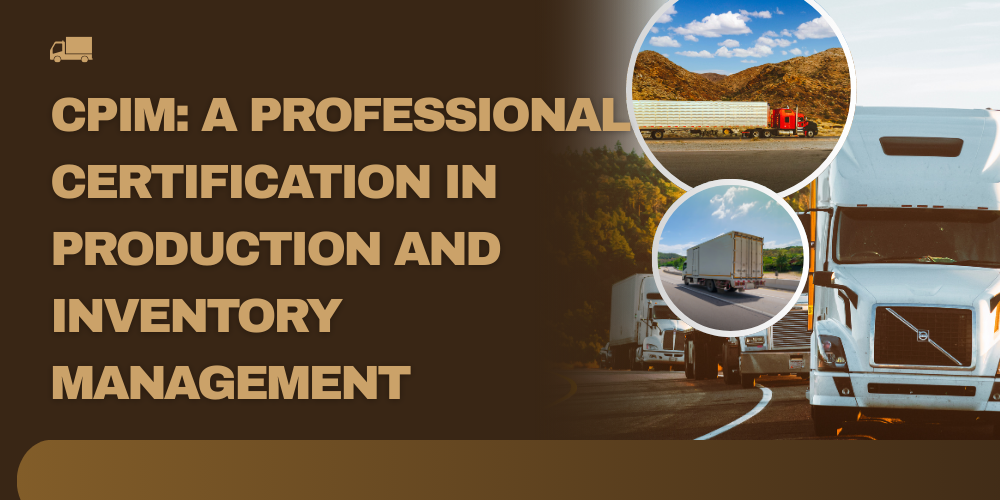
Table of Contents
- 1. Introduction to the CPIM certification
- 2. The Competitive Edge of a CPIM Certification
- 3. Core Components of the CPIM Certification
- 4. What are the requirements to be a Certification in Production and Inventory Management?
- 5. Comparable Certifications to Certification in Production and Inventory Management certification
This article introduces CPIM, a highly valuable certification in the field dedicated to improving your professional capabilities in production and inventory management.
1. Introduction to the CPIM certification
The CPIM certification, offered by the American Institute for Operations Management (APICS), aims to provide you with in-depth expertise and skills in production and inventory management, enabling you to better navigate complex production and operations environments and enhance your professional and practical abilities in these fields.
The core of the CPIM certification is to cultivate and certify professionals who strategically plan, coordinate, and effectively optimize production planning, materials management, and inventory control.
These professionals are like the "behind-the-scenes operators" of a company's production and operations. They possess deep insight into market demand fluctuations and precise control over every aspect of the production process. By formulating sound production plans, optimizing inventory levels, and coordinating material supply, they effectively address challenges such as order fluctuations, raw material shortages, and production capacity bottlenecks, improving production efficiency, reducing operating costs, and ensuring on-time product delivery, thereby helping companies achieve sustainable development in the face of fierce market competition.
2. The Competitive Edge of a CPIM Certification
Obtaining the APICS Certification in Production and Inventory Management (CPIM) certification means you've been professionally assessed and demonstrated standardized production and inventory management knowledge and skills. This makes you more attractive to employers for positions across all levels of production and inventory management.
The CPIM certification focuses on the critical area of production and inventory management, making it a valuable asset for transitioning from entry-level production and inventory-related positions to mid- to senior-level management positions, or from other related fields to core production and inventory management positions. This certification broadens your career path and typically results in a significant salary increase.
The entire process of preparing for and obtaining the certification will enable you to systematically and comprehensively acquire knowledge and skills in the fields of production and inventory management. From fundamental concepts to specific aspects such as production planning, material requirements planning, and inventory control strategies, as well as related topics such as quality management and supply chain collaboration, you will delve into in-depth knowledge and apply your knowledge to real-world workplace situations through practical training. This will enable you to better navigate increasingly complex production and operations environments, diverse inventory management challenges, and volatile market demands, playing a key role in ensuring efficient production, on-time product delivery, and optimally controlling operating costs.
It can open doors to more job opportunities, allowing them to participate in higher-level production and inventory management projects and assume more prominent positions. Salaries often increase, demonstrating the value of expertise in this field.
The field of production and inventory management is constantly evolving, with new technologies and concepts constantly emerging. Applications like smart manufacturing and big data are gradually transforming traditional management models and practices. While the CPIM certification is valid for 10 years, this doesn't mean you should stop learning.
As more and more practitioners obtain CPIM certification, the entire production and inventory management industry will become more scientific and advanced in terms of management concepts, methods, and technical applications, which will help improve the overall efficiency and competitiveness of corporate production and inventory management and thus promote the global production and inventory management industry to develop in a more efficient, intelligent, and sustainable direction.
3. Core Components of the CPIM Certification
The CPIM certification builds a comprehensive knowledge base in production and inventory management, comprehensively covering core knowledge and practical skills from demand forecasting and production planning to material control, inventory optimization, and supply chain collaboration. It is suitable for both professionals and newcomers pursuing careers in production planning and supply-related fields.
Through this study, you will gain a deep understanding of its definition, scope, and its crucial role in improving enterprise efficiency and cost optimization. You will master methods for demand forecasting through market research and data analysis, build a demand-driven management system, become proficient in developing production plans based on orders and capacity, and utilize advanced scheduling techniques to improve production efficiency.
Secondly, you will gradually become familiar with material flow processes, master MRP calculation methods to ensure accurate material supply, assess production capacity status, improve overall production efficiency through resource allocation optimization, master models such as the ABC classification method and economic order quantity, and dynamically optimize inventory levels.
Finally, you will become familiar with total quality management and the PDCA cycle, establish quality control and continuous improvement mechanisms, understand the concept of supply chain integration, enhance supply chain responsiveness through information sharing and joint planning, understand the functions of systems such as ERP, MES, and WMS, and master the application of intelligent manufacturing and big data in management.
4. What are the requirements to be a Certification in Production and Inventory Management?
(1) Qualification prerequisites:
APICS generally recommends that you have some work experience in related fields such as production management, inventory management, and supply chain management, generally requiring at least two years of relevant work experience.
While there are no strict educational requirements, having an associate's degree or higher will be beneficial for exam preparation. Those with a background in management, engineering, economics, or other related fields will likely have a better understanding of the fundamentals of production and inventory management, allowing them to more easily grasp the key concepts and principles during their studies.
(2) Training and examinations:
The CPIM exam consists of two modules: "Basic Resource Management" and "Master Resource Planning." Each module lasts three hours and features a variety of questions, including single-choice, multiple-choice, and case studies. Each module tests your understanding, application, and analytical skills in all aspects of production and inventory management, assessing your professional proficiency. Each module contains approximately 150 questions.
According to APICS standards, you must score 300 or higher out of a possible 400 to pass the corresponding module. Only after passing both modules can you obtain CPIM certification.
CPIM exam fees may vary slightly by region, but generally cost around $300-400 USD per module, and $600-800 USD for both modules.
(3) Qualification maintenance:
The CPIM certificate is valid for 10 years and to maintain the validity of the certificate, you need to accumulate a certain number of credits by participating in APICS officially recognized continuing education activities during the validity period.
5. Comparable Certifications to Certification in Production and Inventory Management certification
- CSCP (Certified Supply Chain Professional)
- CPSM (Certified Professional in Supply Management)
- CIPS (Chartered Institute of Procurement & Supply)
- CDDP (Certified Demand Driven Planner)
- CLTD (Certified in Logistics, Transportation and Distribution)
